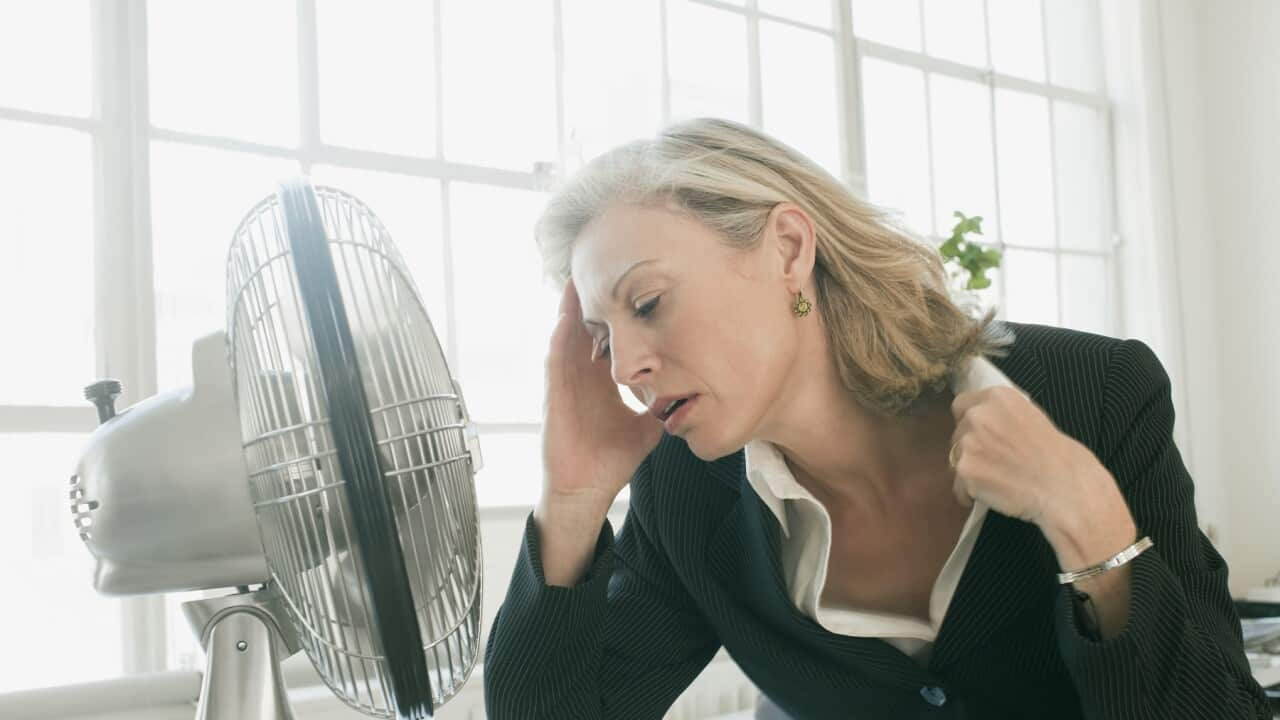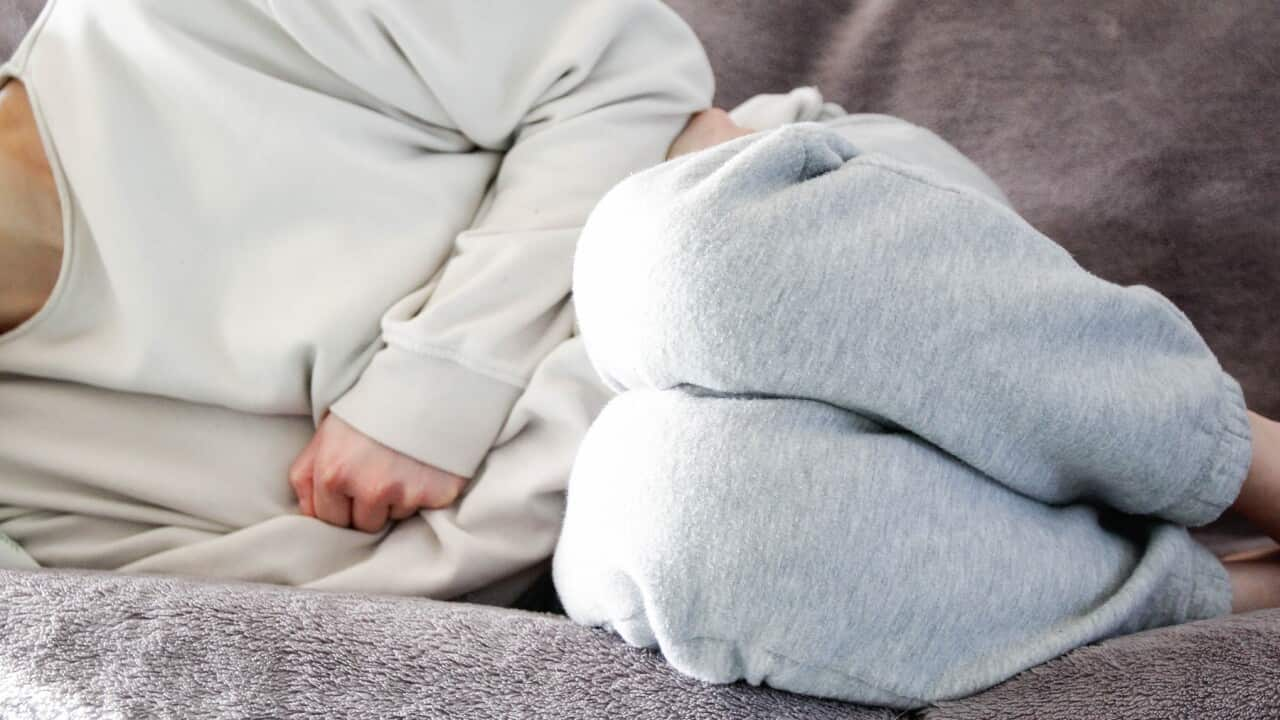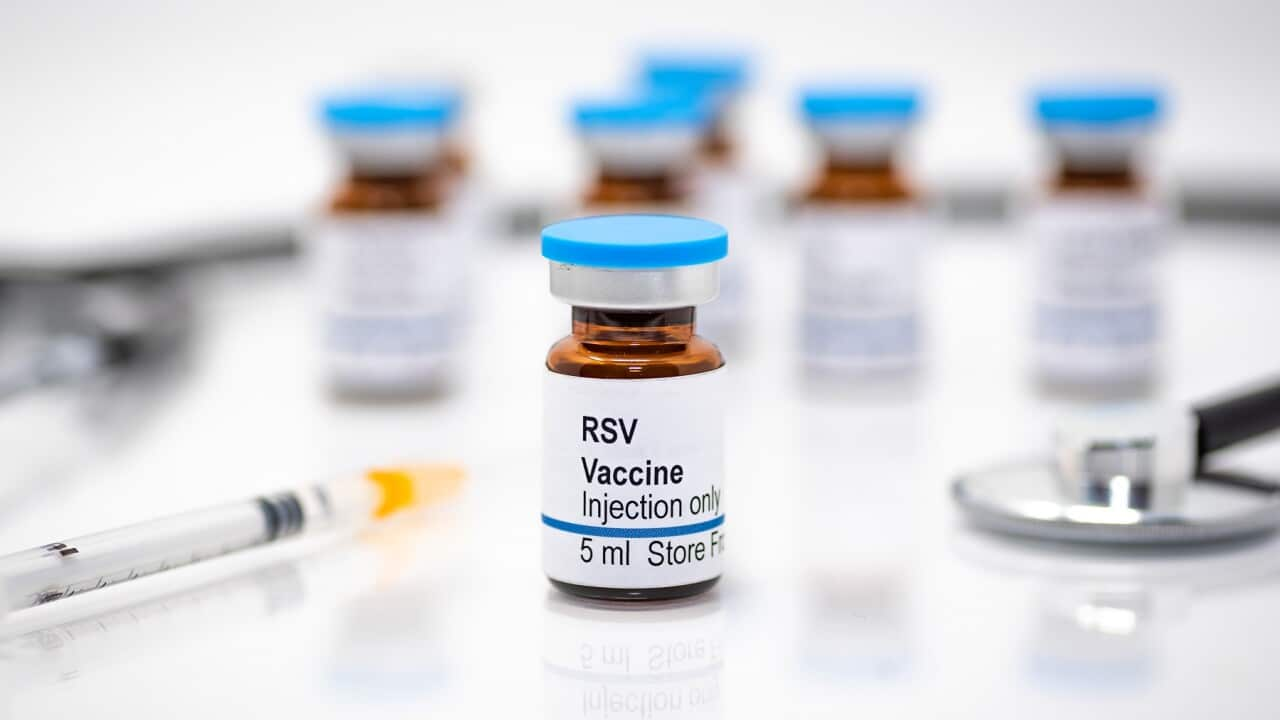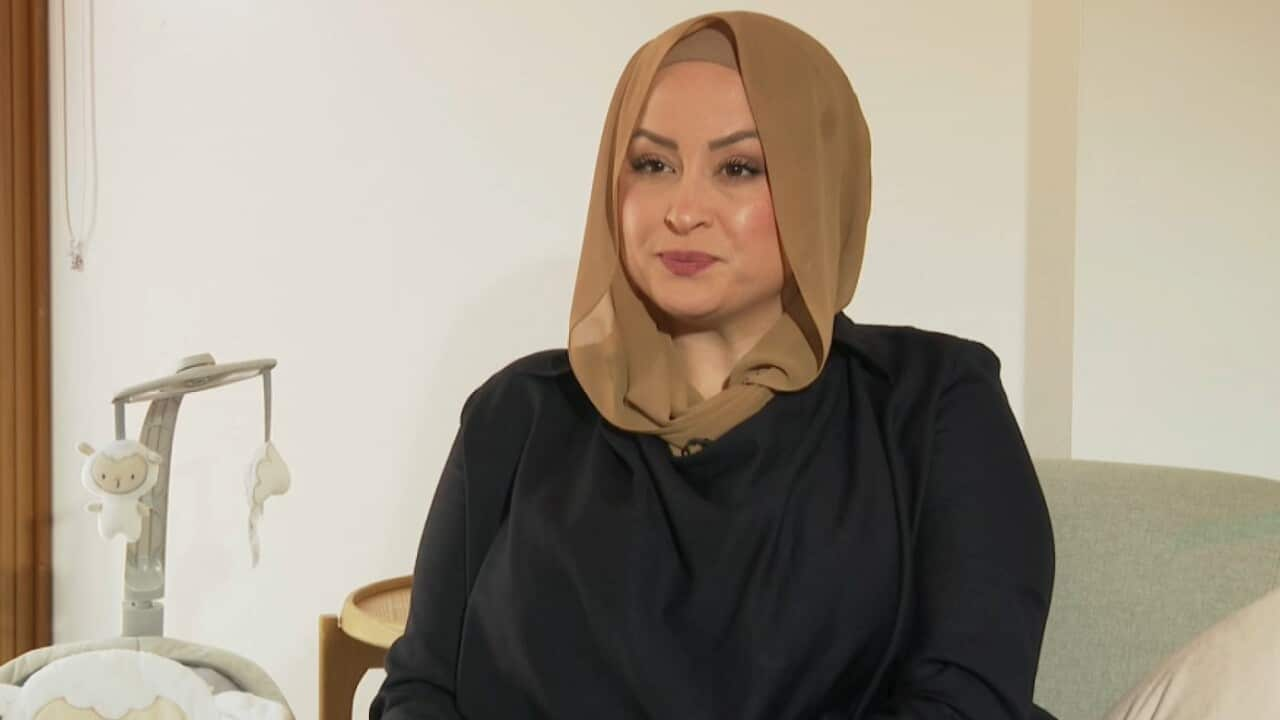TRANSCRIPT
Hot flushes, night sweats, physical changes and often poor sleep - menopause is a life stage for half the world's population, those born with functioning ovaries.
But now a group of experts says the time has come to stop viewing the condition, which occurs as women's menstrual cycles permanently cease and reproductive hormones decline, in a negative light.
In a series of four papers published in international medical journal The Lancet, Australian researchers are warning against the over-medicalisation of menopause - and calling for a radical new understanding to better support women through midlife.
Lead author of the "empowerment paper", Professor Martha Hickey, is the Head of Menopause Services at the Royal Women's Hospital in Melbourne.
She says women’s experiences of menopause are unique and vary hugely.
"The average age is 51 but that varies substantially across the globe, and although the biology is the same, the experience of menopause differs substantially. In high income countries, up to 80 per cent get hot flushes and sweats around the age of 50, and for about a third those can be classed as moderate to severe. And these go on for quite a long time for some women, an average of seven years, but they're not always as severe or frequent over that seven year period, they tend to taper out."
Among the assumptions the papers are looking to challenge is that menopause is always a distressing experience, signalling a downturn in health which can only be solved by menopausal hormonal therapy, or MHT, also known as hormone replacement therapy.
"A normal event that affects everyone has been turned into a disease, a hormone deficiency disease which requires diagnosis and treatment, and in addition, in a society that has very strong feelings about aging in women, this is a disease which is thought to herald decline and decay, and this, not surprisingly, this makes younger women quite fearful."
The research found MHT remains the most effective treatment for hot flushes and night sweats.
But proof for the benefit of MHT for other symptoms, including anecdotally reported ones like brain fog or cognitive effects - for which there is also limited evidence - is lacking.
One of the papers also examines the widely-held belief that menopause frequently causes mental health problems like depression.
Co-author Dr Lydia Brown, a Senior Lecturer at the School of Psychological Sciences at the University of Melbourne, says a review of 12 studies did not confirm this.
"So some women over the menopause transition do experience depressive symptoms, it would be in the minority according to data in the studies we reviewed. So we found a prevalence of between 16.5 and 27.8 per cent reporting depressive symptoms, that's not a depressive disorder, but clinically significant depressive symptoms."
The series also looks to identify at-risk groups and acknowledges that some women need specific care.
They include those who experience premature or early menopause before age 40 or between ages 40 and 45, around 1 in 8 women worldwide, but as many as 1 in 5 in India.
Paper author Professor Gita Mishra is the National Health and Medical Research Council Leadership Fellow and a researcher of women's health at the University of Queensland School of Public Health.
She says early menopause, which is also common among those receiving treatment for cancer, brings increased risk of cardiovascular disease and osteoporosis, as well as feelings of distress and isolation.
"The diagnosis of natural early menopause is often delayed, and this may cause emotional distress, especially for those experiencing symptoms much earlier than their peers. So one reason for the delay in diagnosis may be due to the lack of clinical practice guidelines."
The series' authors want more than just a one-size-fits-all treatment message, which they say has been influenced by commercial interests in MHT.
Advice would include information about the benefits, risks and comparative effectiveness of MHT with new non-hormonal treatments, or cognitive behavioural therapy and lifestyle changes, which may also be used to treat hot flushes and night sweats, reduce stress and improve sleep.
Professor Hickey says the creation of an open, inclusive culture, in healthcare, workplaces and wider society, will allow women to choose how they wish to navigate menopause, without stigma.
"Some women want to take prescription therapies for their symptoms because they're so bad. About 20 per cent of women don't get any hot flushes and sweats, about 14 per cent get hot flushes and sweats that are moderate to severe. One of the things we want here is to hear more about the diversity of experiences, and I think it's quite hard for somebody to say it's not always that bad, and in a way, it can only be a post-menopausal woman who actually can say that, because otherwise I think you get shouted down. I'm a clinician, I see women with terrible menopause symptoms all the time, but I also know that that's not how it is for everybody."













